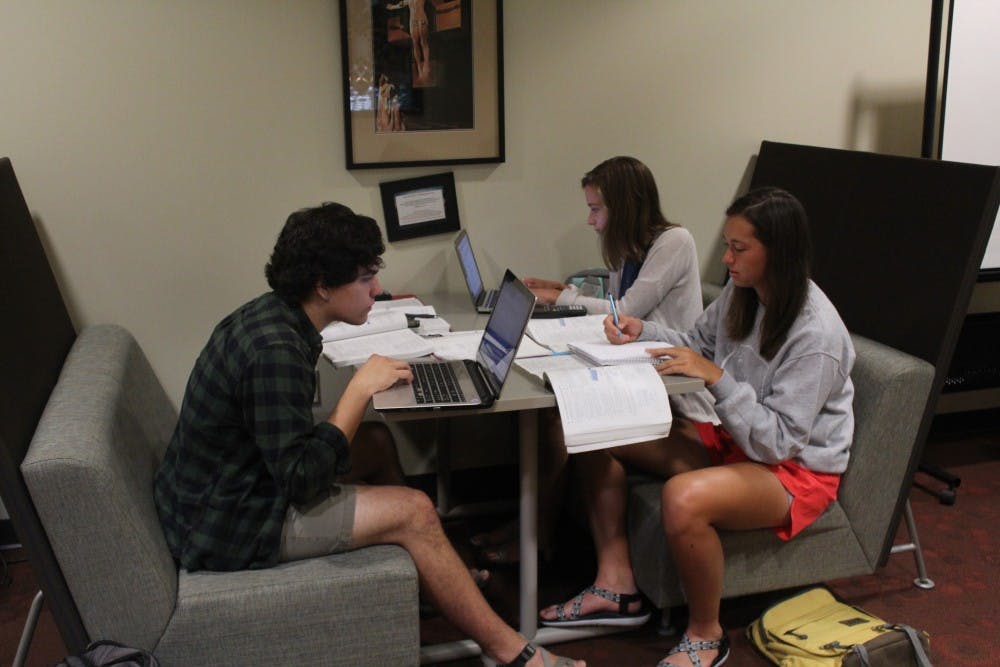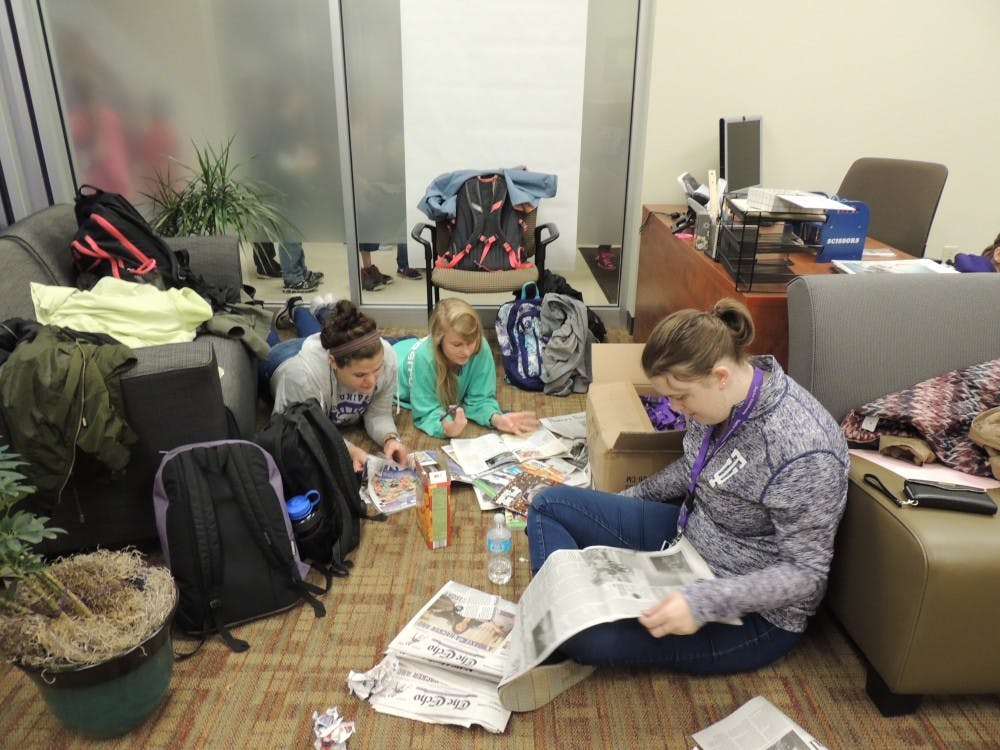
By Megan Herrema | Echo
Taylor's education students may be surprised to learn that Indiana has one of the lowest teacher retention rates in the nation.
Two main issues-working conditions and teacher compensation-resulted in Indiana's score of only 2.17 out of a total of five possible points, according to a review of educator data conducted by the Learning Policy Institute. Only Arizona, Texas, Colorado and the District of Columbia received lower scores. As a result, the teacher shortage has become a hot topic.
According to Taylor professor and Department Chair of Education Cindy Tyner, low pay and standardized tests play a role in discouraging teachers from continuing in their profession here.
"The stress that has come about due to high-stakes standardized testing is taking a toll on the retention rate of teachers in the state," Tyner said. "The Indiana Department of Education needs to continue to work to find a solution to this problem."
Gubernatorial candidates John Gregg and Eric Holcomb are addressing these issues in their current campaigns for Indiana governor.
In a statement on his campaign website, Democratic candidate John Gregg said teachers should have a role in forming educational policies: "The first step should be to give back to teachers a seat at the policy making table-and stop the intentional excluding and undermining of them."
The Republican candidate for governor, Lt. Gov. Eric Holcomb, told The Indianapolis Star that Indiana should offer more incentives for teachers to stay in their schools and classrooms. Like Gregg, Holcomb also mentioned teachers should have a role in making educational policies. "Educators know what is best for their schools," he said.
While Indiana struggles to keep teachers in the state for the long run, Taylor students are doing their part for teachers right now.
"More Taylor education grads stay in Indiana than one would think," Tyner said. "This year we have three young men who are teaching in Fishers, Indiana. We have a lot who take jobs in the Indianapolis area."
Taylor also offers Transition to Teaching, an online graduate program open to any individual with a bachelor's degree. Students in the program can obtain an elementary or secondary teaching license in Indiana in 18 months.
Tyner said that the Indiana Department of Education recommends Taylor specifically to those seeking information about Transition to Teaching. As a result, the education department receives multiple calls a week regarding the program.
While Transition to Teaching focuses on graduated adults, Taylor also engages with local schools to encourage high school students who are considering teaching as a profession. Alexis Armstrong, professor of education and director of teacher education, said Taylor held a "cadet teacher day" last April. Taylor's education department asked high school counselors in Grant and Delaware counties to invite their cadet teachers (high school students who help as teacher's aides) to visit Taylor. The students spent time on campus, sat in on classes, talked with financial aid advisors and had lunch with Taylor students.
Although politicians and legislators are working to increase teacher incentives and educational institutions like Taylor are offering advanced training and opportunity, there seem to be few ways the general public can help keep teachers in-state. However, Armstrong believes the public can make a difference in keeping teachers in Indiana.
"The best incentive is for our society and media to recognize the importance of teachers and to give them the respect that they deserve," Armstrong said.
Thank a teacher today; your encouragement may just change education tomorrow.





